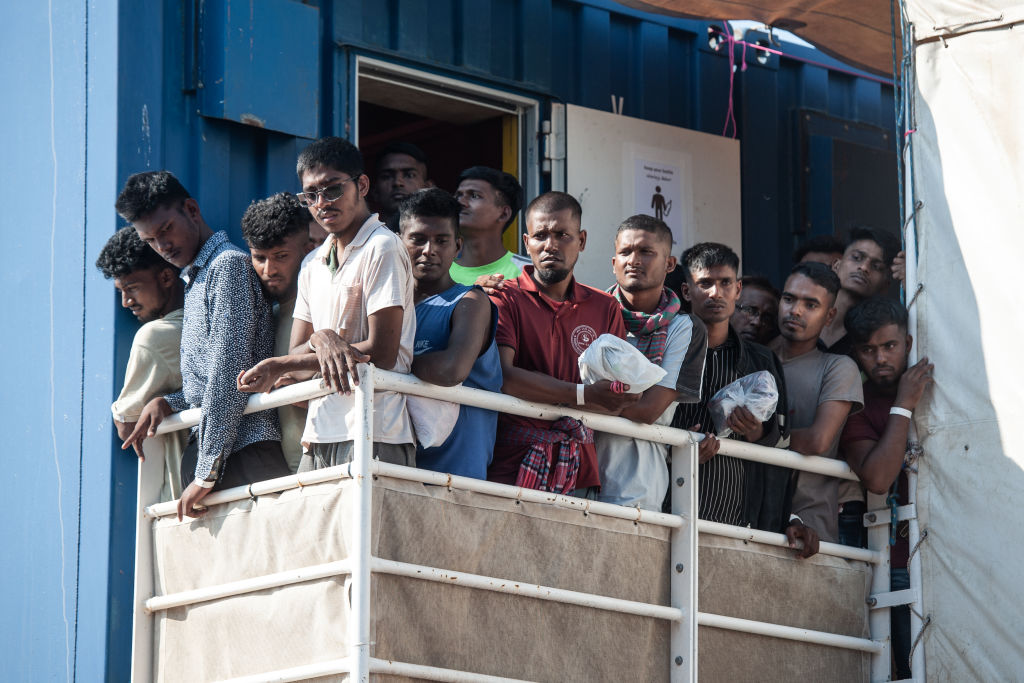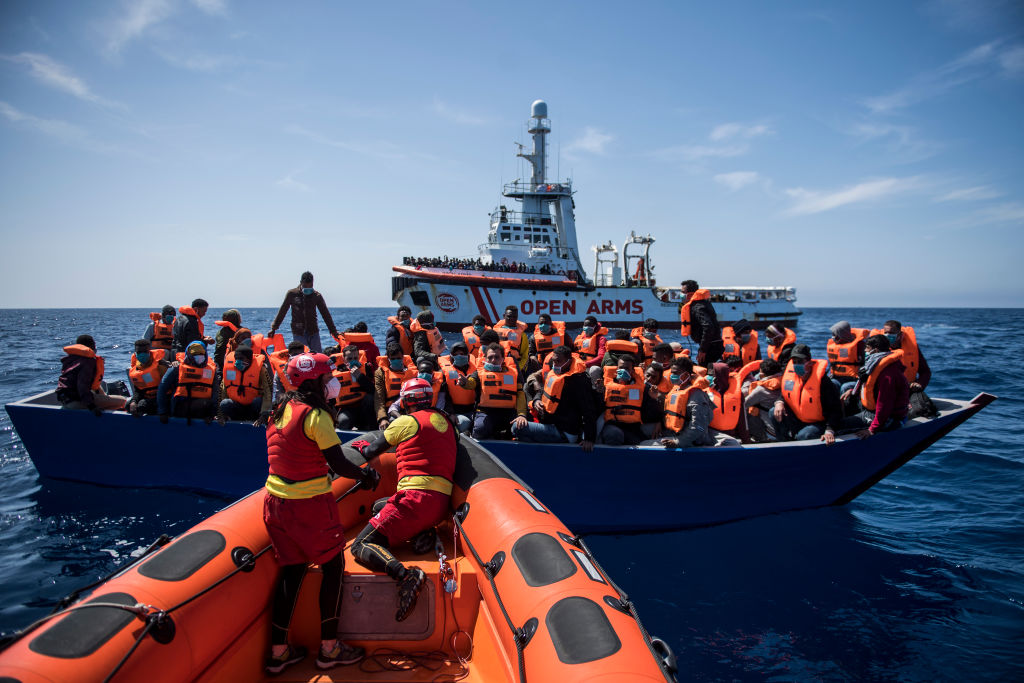A number of European Union Member States have abandoned their neighbour Italy, choosing to tighten borders with the country after the arrival of thousands of migrants on the Mediterranean island of Lampedusa.
Austria, Germany and France have announced that they are tightening their borders with Italy after thousands of arrivals within a span of 48 hours.
“We have a 100 per cent increase in flows,” French interior minister Gérald Darmanin said, justifying the clampdown.
Italian Prime Minister Giorgia Meloni has seemingly taken the moves in her stride, claiming that migrant relocations within Europe would ultimately not solve the ongoing crisis.
“The issue of relocation is secondary,” she said. “The question is not how to unload the problem; it’s how to stop the arrivals in Italy, and I still don’t see any concrete answers.”
Coalition partner Matteo Salvini of Lega was less charitable, attacking the “absence of Europe” in dealing with the crisis.
“Defending borders is not a right, it is a duty,” he said, with another senior member of Lega accusing European leaders of not having the “slightest idea of what they are doing” regarding the Lampedusa crisis.
More than 5,000 people in more than 100 boats arrived on the Italian island on Wednesday, breaking all previous records. https://t.co/9N4Yha9KKf
— Brussels Signal (@brusselssignal) September 14, 2023
Brussels has insisted that it is ready to work with the Meloni government to help manage the influx.
European Commission home affairs spokesperson Anitta Hipper told journalists on September 14 that both EC President Ursula von der Leyen and Commissioner for Home Affairs Ylva Johansson had been in regular contact with the Italian Government.
“We support Italy on an operational and financial level,” she said.
One priest on the island described the current situation as “apocalyptic”.
According to data from EU border force Frontex, migrant arrivals through the central Mediterranean are now up 96 per cent on last year. It warned that the rising number could continue for months due to natural disasters in North Africa.
European Parliament members clashed in the plenary in Strasbourg on Tuesday over the EU’s controversial migration deal with Tunisia. https://t.co/cr3Ycm4BeL
— Brussels Signal (@brusselssignal) September 13, 2023





